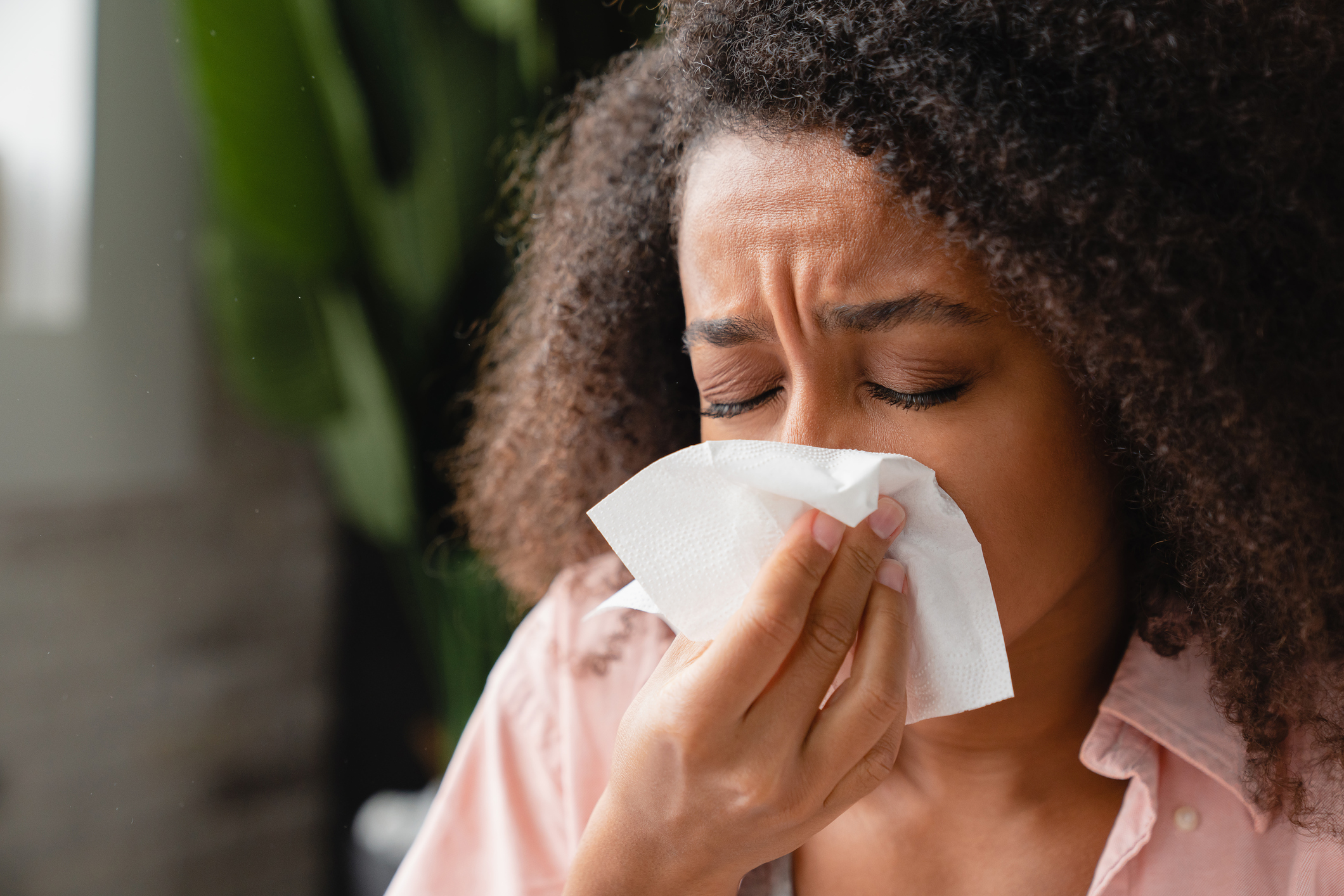Get Easy Health Digest™ in your inbox and don’t miss a thing when you subscribe today. Plus, get the free bonus report, Mother Nature’s Tips, Tricks and Remedies for Cholesterol, Blood Pressure & Blood Sugar as my way of saying welcome to the community!
Strange link: Dietary cholesterol and viral infection

When most of us think about cholesterol, we think of the blood work we have done at our doctor’s office.
After all, cholesterol plays a big role in our health, with too much of the bad stuff leading to dangerous heart problems.
But over the last decade, we’ve received mixed messages about dietary cholesterol.
That’s because this type of cholesterol, from the foods we eat, has been found to play little if any role in affecting our blood levels or our risk of cardiovascular disease. That’s why limits on cholesterol intake from foods were lifted from the Dietary Guidelines for Americans back in 2015.
But according to research from a team of scientists at the University of Illinois, this move may have been too hasty.
In fact, according to their study, getting too much dietary cholesterol in your daily diet may increase your risk for a serious viral infection.
The difference between dietary and serum cholesterol
But before we get started, let’s clear up any questions you might have on what we mean by dietary cholesterol versus serum cholesterol.
You see, cholesterol itself is vital to your body.
It makes up part of your cell membranes. It’s used to make sex hormones, like estrogen and testosterone. It’s essential to the production of vitamin D and much more.
The liver manufactures the cholesterol the body ideally needs. But that doesn’t mean that you won’t find dietary cholesterol in certain foods, and often too much. And that’s where the trouble can begin… especially if that dietary cholesterol comes from foods high in fat such as full-fat dairy, red meat, processed meat, fried foods and baked goods and sweets.
The infection risk
Previous research linking high-fat diets and elevated blood cholesterol to an increased susceptibility to infection and a lowered immune response got those Illinois researchers wondering what effect dietary cholesterol could be having on these risks.
“We knew high serum cholesterol levels can lead to higher risk of sepsis in influenza infections and that statins — cholesterol-lowering medications — can improve survival during influenza pneumonia, SARS-CoV-2 infection, and sepsis. But it wasn’t clear whether or how dietary cholesterol was involved,” says Allison Louie, lead author of the study.
So the team decided to search for answers.
The researchers fed mice a standard rodent chow or an identical diet supplemented with two percent cholesterol. After five weeks, they then infected the mice with a mouse-adapted human influenza A virus to see how sick they ended up.
“Across four cohorts, the cholesterol-fed mice had consistently higher morbidity,” Louie says. “They exhibited greater weight loss and sickness behavior.”
So how did a diet high in cholesterol cause the mice to become sicker?
Well, according to the researchers, it all has to do with a term we’ve all become familiar with since the start of the pandemic – cytokine storm.
Yup, eating too much cholesterol increased the number of cytokine-producing cells in the lungs, sending the immune systems of the mice into overdrive.
“A so-called cytokine storm during severe disease results in excessive inflammation that can be damaging to the host. Along those lines, we found that more cytokine-producing cells had infiltrated the lungs of the mice fed cholesterol, which may have contributed to them being sicker,” Louie says. “It’s a double-edged sword. You want to be able to mount an effective immune response, but excessive inflammation is detrimental.”
Frighteningly, the researchers say that some of the changes in the lungs’ immune function could be seen even before inflection, demonstrating the presence of inflammation before the viral attack.
A cholesterol-safe diet
So if you want to protect yourself from severe upper respiratory infection, whether the flu or even COVID-19, it seems that limiting the amount of high-fat foods in your diet is the way to go.
For my money, that makes the Mediterranean diet the perfect choice because it contains healthy fats that actually help you have healthier cholesterol levels, like olive oil.
The Mediterranean or Med diet is not only known for its ability to guard your heart health but it’s also been shown to deter Alzheimer’s and improve body weight, composition, insulin and cholesterol levels.
Even better, with its healthy fats and oils and concentration on fresh fruits and veggies, it’s known for getting your gut health back on track. And since the majority of your immune system resides in your gut, it’s a benefit that can’t be beaten for infection protection.
Editor’s note: While you’re doing all the right things to protect your brain as you age, make sure you don’t make the mistake 38 million Americans do every day — by taking a drug that robs them of an essential brain nutrient! Click here to discover the truth about the Cholesterol Super-Brain!
Sources:
Dietary cholesterol worsens inflammation, sickness in mice with influenza – ScienceDaily













